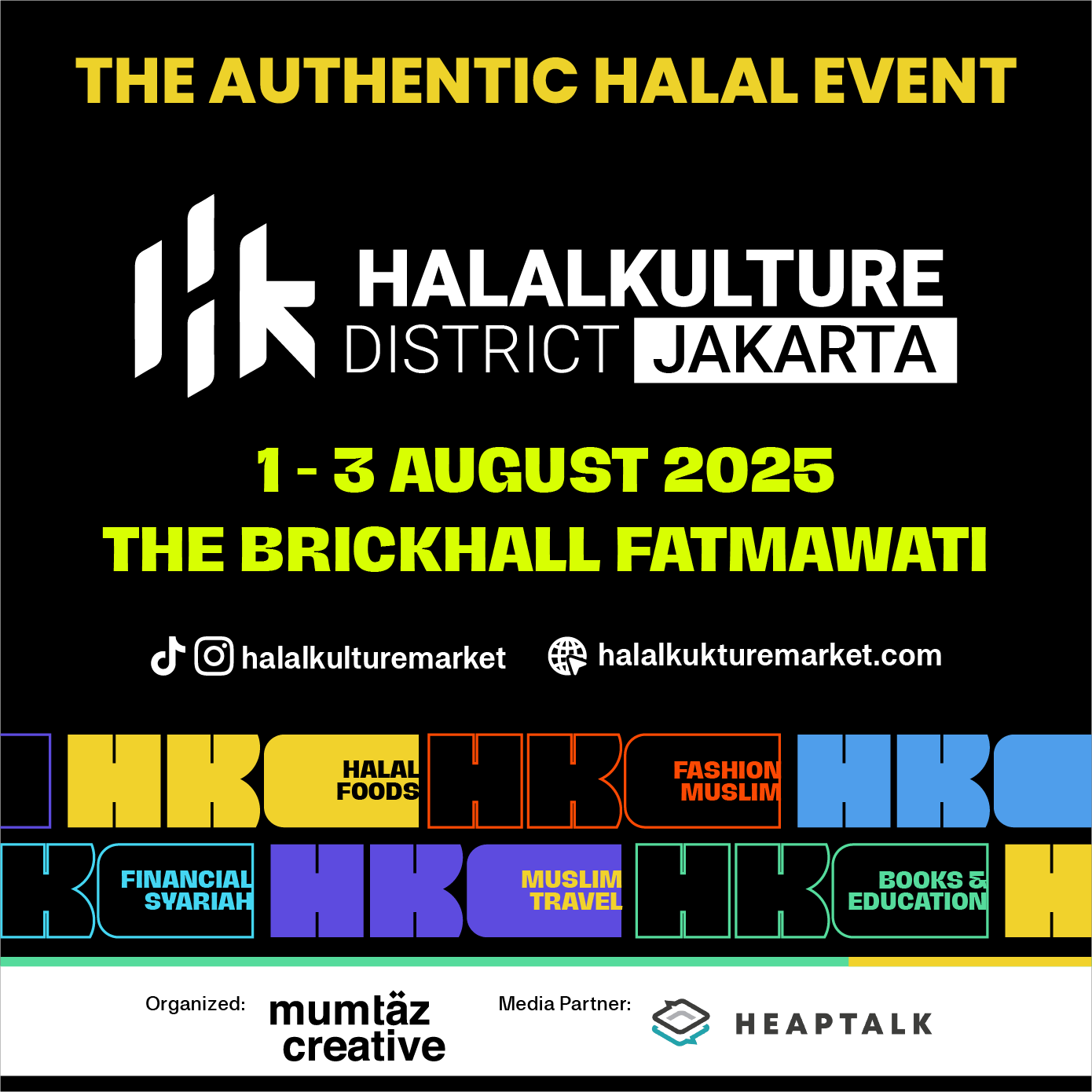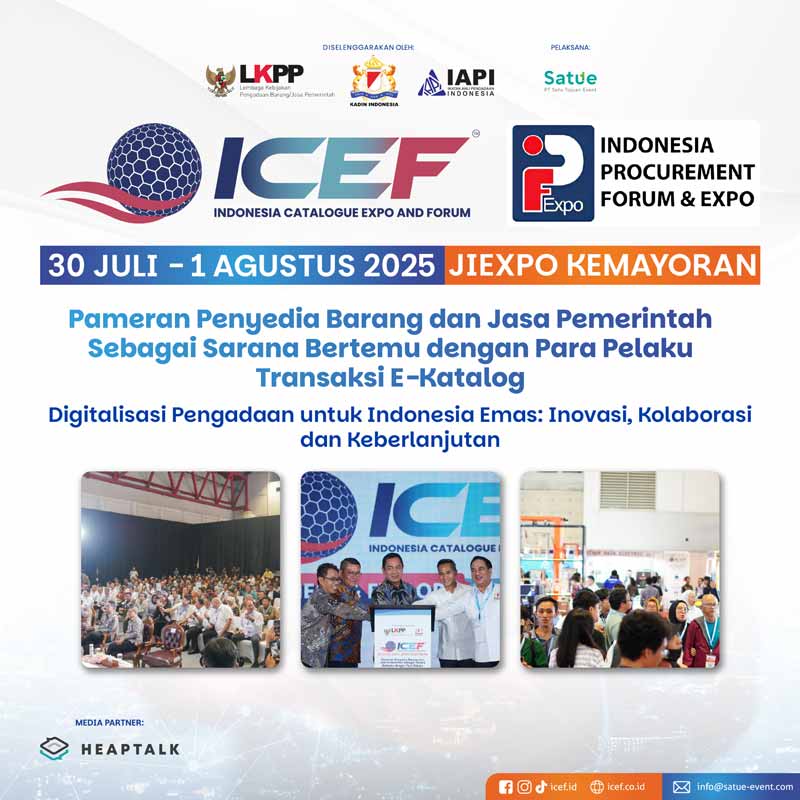Heaptalk, Jakarta — In response to former President Donald Trump‘s U.S. import tariff policy, the Indonesian Chamber of Commerce and Industry (Kadin Indonesia) is lobbying U.S. representatives, particularly in the textile industry, to push for a new trade partnership scheme between the two countries. This new arrangement is expected to allow Indonesian garments to enjoy minimal, if any, import tariff.
Anindra Novyan Bakrie, Chairman of Kadin Indonesia, met with Robbie Minnich, Vice President of the U.S. National Cotton Council (NCC) in Washington, D.C., on Thursday (May 1) to discuss the proposed partnership. “We’re considering an agreement where, for example, if we use U.S.-sourced cotton and then process it into garments that are exported back to the U.S., we could get the lowest possible tariff rates—ideally 0%,” Anin explained.
Kadin Indonesia has requested the NCC to consider the proposed partnership model and assist in lobbying the U.S. Trade Representative (USTR) to support the initiative. “Just as we have a strong relationship with our government, we hope this can translate into greater competitiveness for our garment manufacturers in the U.S. market,” Anin added.
Making Indonesian textiles more competitive
While the proposal presents challenges, particularly as U.S. cotton competes with supplies from countries like China and Brazil, Anin remains optimistic. He noted that the meeting went well, with a shared focus on import tariff-related policy and government collaboration.
Currently, Indonesia’s exports amount to approximately US$2 billion per month. With improved trade balance, the opportunities for exporting products such as garments, footwear, and electronics are expected to grow. During the meeting, Kadin emphasized that if Indonesian companies use U.S. cotton, the NCC could help secure near-zero tariff rates, making Indonesian textile products more competitive in the U.S. market.
Moreover, the proposed scheme is expected to have wide-reaching benefits. “This would bring immense advantages to businesses, entrepreneurs, and especially the millions of workers in Indonesia’s textile and garment sectors,” Anin concluded.














